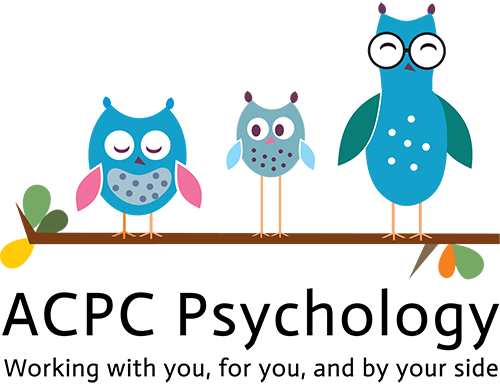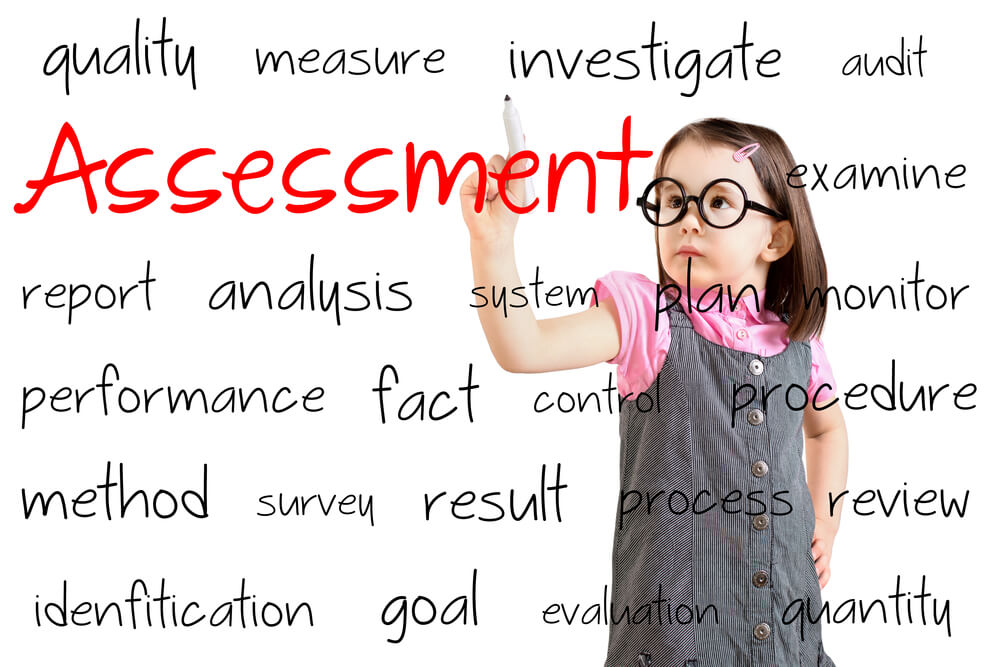How to Improve Communication with your Teen?

Adolescence can be one of the most difficult times for parents (and teenagers alike!). Cuddles and bedtime stories no longer work to soothe them, and your suggestions to their problems always seem to be “wrong!”
Adolescents require a different kind of parenting style, as they increase their independence in decision-making around friendships, how they dress, and how much ‘family time’ they are wanting to engage in.
Below are some tips that may help get you through -
For the anxious teen
It is common for many anxious and depressive disorders to first surface in adolescence as it is a time for lots of physiological, social and emotional change (Christie & Viner, 2005; NSW Kids and Families, 2014). Many parents find it difficult to ‘know the rights things to say’ when their teenager is anxious, and often feel like their efforts to comfort or soothe their daughter or son, backfire. Try, “If there is anything you need, I am here for you”.
Sometimes that is all your teen needs to hear. They just need to know they are supported at the best and worst of times.
“Do you want solutions or would you just like me to listen?”
Parents often try to jump in to solve all the problems for their teen. Some young people find this helpful, while others find this dismissiveof their feelings. We aren’t mind readers, so sometimes we need to ask. “That sounds really difficult, I am sorry you are having such a hard time”
Empathise with their troubles. No matter how ‘silly’ their problem may seem, it is big for them at that moment in time.
For the “I have the answer to everything” teen
As your child emerges into adolescence you can expect a significant shift in their need for autonomy over their decision-making, and independence from family (Christie & Viner, 2005). This can be difficult to adjust to when it feels like only yesterday that your child was relying on you for everything from how to brush their teeth to how to tie their shoelaces. For the more strong-willed types, a suggested approach is to work with your teento make the big decisions (like what high school they will go to next year), and to allow them to make some of the smaller ones themselves (like what colour they want their room painted). This imparts upon them that you trust them, and gives them confidence in their own decision-making ability.
For the tech-addicted-chore-avoidant teen
In the current digital climate, it is difficult at the best of times to pull your child away from the Ipad and get them to stack the dishwasher.Implement boundariesaround appropriate tech use times(e.g., afternoon between 4 and 6) and places(not at dinner table, in shared lounge room, etc). And as suggested above, learn to work with your adolescent using a ‘team-approach’.
“I notice we can all rely too much on technology at times…What can we do as a family so that we can spend less time on our phones, and more time doing other stuff we enjoy?”
For the ‘explosive’ teen
Did you know that the human brain isn’t fully developed until the mid-20s? Because of this, the still-developing teenage brain relies primarily on the emotion-centre of the brain (amygdala) to make decisions, rather than the prefrontal cortex; which is associated with planning, judgement and self-regulation. The amygdala controls emotions, impulses, aggression and instinctive behaviour (Centre for Adolescent Health and Raising Children, 2017). This may help explain why adolescence is a time for risk-taking and impulsivity, (and why your teenager slams the door on you when you ask them to clean their room!).
Some tips:
- Approach them at the ‘right time’
- Don’t choose to have conversations about their curfew, or how they can help more around the house, in the midst of an argument or when they are already worked up.
- Pick your battles
- Ask yourself, ‘is it really worth it?’ Don’t sweat the small stuff if it won’t make a significant difference in the long run.
- Help them develop their independence safely
- Assist them to identify healthy ways to meet their need for independence and ‘risk-taking’, i.e., travelling, making new friends, trying a new sport
- Be a role model
No one is perfect, and we all have our days when we let our emotions get the better of us. The more we can practice regulating our own emotions, the better we can model healthy ways of coping to our children. Apologise when you’re out of line, your teen will respect you for it. Practice ‘time-out’ for yourself or your teen when you’re both not ready to have a rational conversation. And then come back to talk when you’re both calm.
Remember, adolescence is a time of significant adjustment and growth - not just for the young person but for the parent too!
Written by: Nadia Rizzi, Psychologist at ACPC
References
Centre for Adolescent Health and Raising Children. (2017). Brain development: Teenagers. Retrieved 11 May 2018 from http://raisingchildren.net.au/articles/brain_development_teenagers.html.
Christie, D., & Viner, R. (2005). ABC of adolescence: Adolescent development. BMJ, 330, 301-304. doi: 10.1136/bmj.330.7486.301.
NSW Kids and Families. (2014). Youth Health Resource Kit: An Essential Guide for Workers. NSW Kids and Families: Sydney



